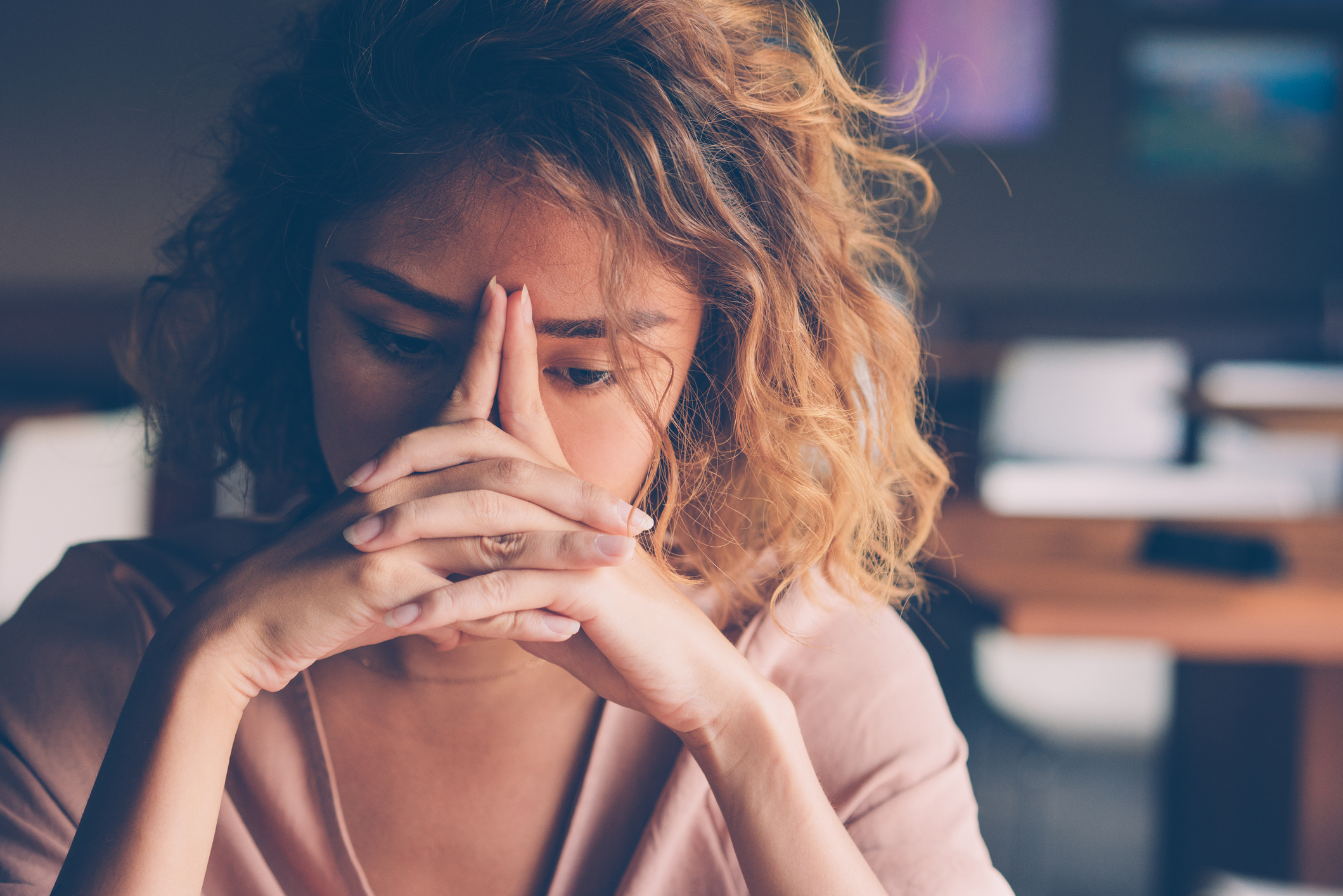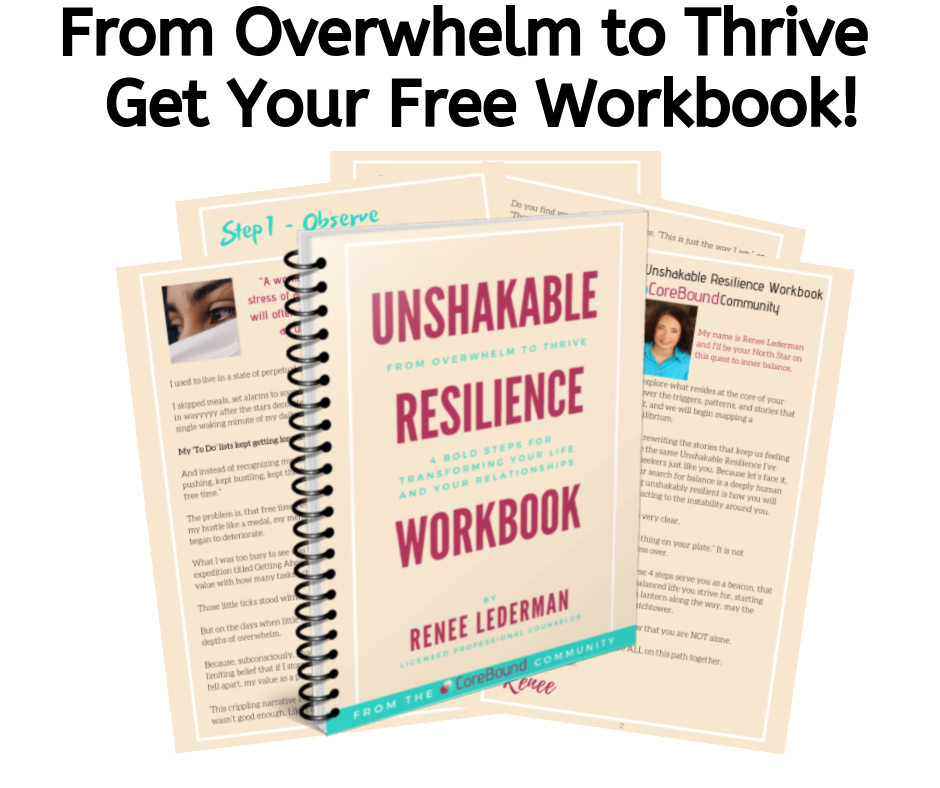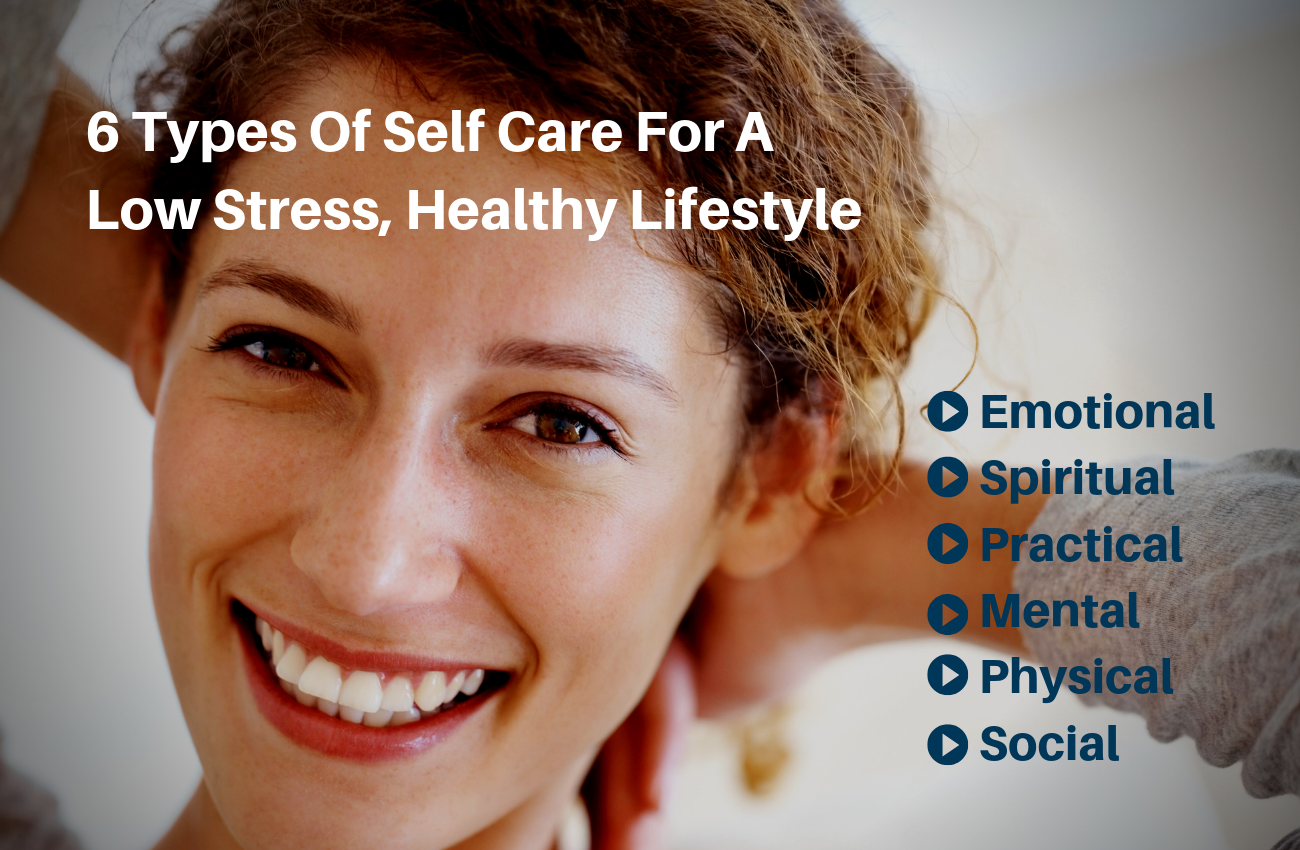
Daily Stress Management
Many of us have busy lives, and it can seem overwhelming at times when there’s too much on your plate. Whether you’re dealing with complications in the workplace or even at home, too much daily stress is a serious health risk that many people take for granted. Whether you’re feeling fatigued, anxious, irritable, overwhelmed or afraid, your body is trying to tell you that something just isn’t right. Learning how to manage daily stress can improve your health and overall happiness.
What Causes Stress?
There are a multitude of reasons you might feel stress, such as working long hours or a major life event. Other things, such as financial concerns, relationships, and illnesses in your friends or family can all add to your level of stress. One of the biggest causes of stress on a day to day basis, however, is change. Even positive changes, such as an advancement in your career or a new marriage, can put extra stress on the body.
What Are The Symptoms Of Stress?
While many of the changes in your body that stress might cause aren’t easily recognizable, there are several symptoms you may notice when you’re feeling stressed, such as depression, an upset stomach, a loss of appetite, headaches, migraines, difficulty sleeping, anxiety, constipation, diarrhea, fatigue, back pain, a stiff neck, or trouble breathing. You know your body better than anyone, and any of these could be a warning sign that you’re experience stress.
What Are The Risks And Complications Stress May Cause?
While uncontrolled stress can affect aspects of your mind, such as your memory and your ability to concentrate, it can also threaten your physical health. Complications of unmanaged stress include an increased risk of diabetes, heart attacks, a rise in blood pressure, and a weakened immune system.
Stress Reduction Techniques?
While talking to a Licensed Professional Counselor (LPC) such as Renee Lederman can help you gain back a sense of control over your life, there are also several ways you can help manage your daily stress:
Change Up Your Diet
Stress can change what and when you eat. Eating a well-rounded diet at regular intervals throughout the day gives your body the energy it needs. Staying hydrated and drinking enough water is another important step towards keeping your body happy and healthy.
Get Enough Sleep
While it might seem difficult to nod off when you’re worried about the day you had or what’s in store tomorrow, it’s important to give your body the time it needs to repair itself.
Exercise
Workouts aren’t only for improving yourself physically; they can also help emotionally by discharging any excess tension, boosting your own self-image, and releasing endorphins (feel-good chemicals) to your brain and nervous system.
Organize
Conquering the smaller challenges in your life—such as cleaning your workspace or breaking down a large project into more manageable tasks—can help you feel like you’re in control again.
Meditate
There are many different styles of meditation that appeal to a wide variety of people. Some examples you might try include taking deep, calm slow breaths to improve oxygen flow to the brain, stretching your body through the use of yoga poses, or repeating specific motions, such as tightening and relaxing your muscles, to help relieve stress.
Be Prepared
Plan ahead for situations you know might make you uncomfortable. Laying out your wardrobe the night before a meeting or job interview saves time and worry the next morning.
Enjoy Life
Allow yourself to be social and have fun by getting involved in activities you enjoy, such as sports leagues, social outings, or events in your town or city.
Ready to get started on the road to less stress?
Have you tried the tips above and still feel like you need some additional help? If you’re ready to begin your journey towards managing your daily stress with a licensed professional counselor (LPC), contact Renee Lederman today at 832-969-3885 to schedule your first appointment.

Download my Unshakable Resilience Workbook. You’ll learn how to transform your life and your relationships and live a more balanced life.







